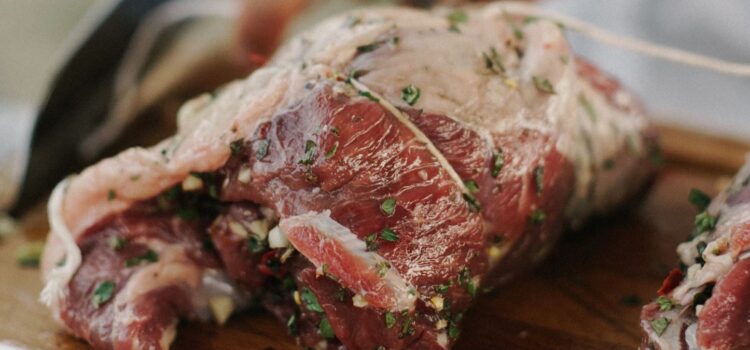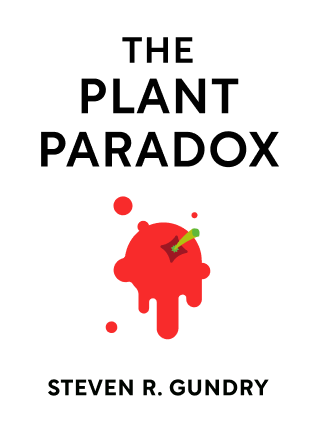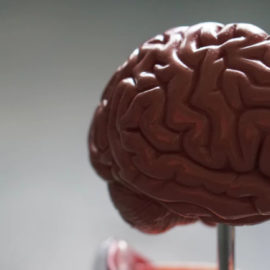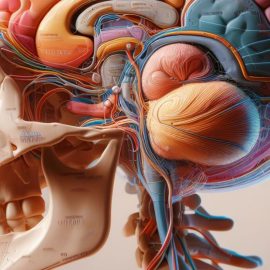

This article is an excerpt from the Shortform summary of "The Plant Paradox" by Steven R. Gundry. Shortform has the world's best summaries of books you should be reading.
Like this article? Sign up for a free trial here .
Are there lectins in meat? What does the Plant Paradox say about eating meat?
Calling it the “plant” paradox may seem to indicate plants are the problem. But lectins are everywhere, including meat.
Read more about the lectins in meat and other animal sources.
Lectins in Meat and Dairy
Just as lectins compound in our bodies when we eat certain plants, they do the same to animals—meaning that grain- and soy-fed chickens, cows, pigs, and seafood contain lectins in their meat, milk, and eggs. You also must be wary of these meat and protein sources, and opt for pastured (or grass-fed) meat; although grass still contains lectins, they contain anti-inflammatory omega-3 fats as opposed to the inflammatory omega-6 fats in corn and soy.
Labels such as organic and free-range don’t mean that there aren’t produce and meat lectins.
- Organic crops are grown without pesticides, synthetic fertilizers, or other unnatural additives, and organic meats were fed organic feed. While organic food does contain more vitamins and minerals, that is completely separate from its lectin content.
- Free range animals still eat corn- and soy-based feed.
Farmers actually feed livestock corn- and soy-based feed because they’re so effective at fattening up the animals. The downside is that it does the same to humans, even when we’re getting those grains and soy via meat, milk, and eggs.
Additionally, cows don’t digest corn and soy well (they naturally graze on grass) and suffer such bad heartburn that they stop eating. In response, farmers give cows calcium carbonate (the active ingredient in Tums) to relieve their indigestion and keep them bulking up. So when you’re eating non-pastured meat, lectins aren’t your only concern. We’ll talk more about the dangers lurking in your meat.
Red Meat Makes Your Body Attack Itself
Diets that are heavy in animal protein—particularly red meat—contribute to your aging and the development of heart disease and cancer.
To explain, let’s take a step back: meat lectins bind with a specific sugar molecule called Neu5Ac, which is on your blood vessel lining and on cells on the intestinal wall. Humans (along with shellfish, mollusks, chickens, and elephants) produce Neu5Ac, making us vulnerable to lectins’ effects; most mammals produce another sugar molecule—Neu5Gc—that lectins don’t bind to, meaning those animals can eat grains and legumes without problems.
Cows, pigs, and sheep have Neu5Gc, so when you eat their meat your body looks at those sugar molecules as foreign and mounts an attack. However, Neu5Gc and Neu5Ac have very similar barcodes, so while your immune system is waging war on the foreign molecules, it accidentally also attacks your own blood vessel lining.
Additionally, cancer cells use Neu5Gc (the ones you get from eating red meat) in two ways: to attract blood vessels to grow toward them, encouraging tumor growth, and to hide from your immune system.

———End of Preview———
Like what you just read? Read the rest of the world's best summary of Steven R. Gundry's "The Plant Paradox" at Shortform .
Here's what you'll find in our full The Plant Paradox summary :
- Why eating more vegetables isn't enough, and why some vegetables are toxic to your body
- The science behind lectins and how they tear apart your body, making you fat and sick
- The 6-week program to get your body back on healthy grack






